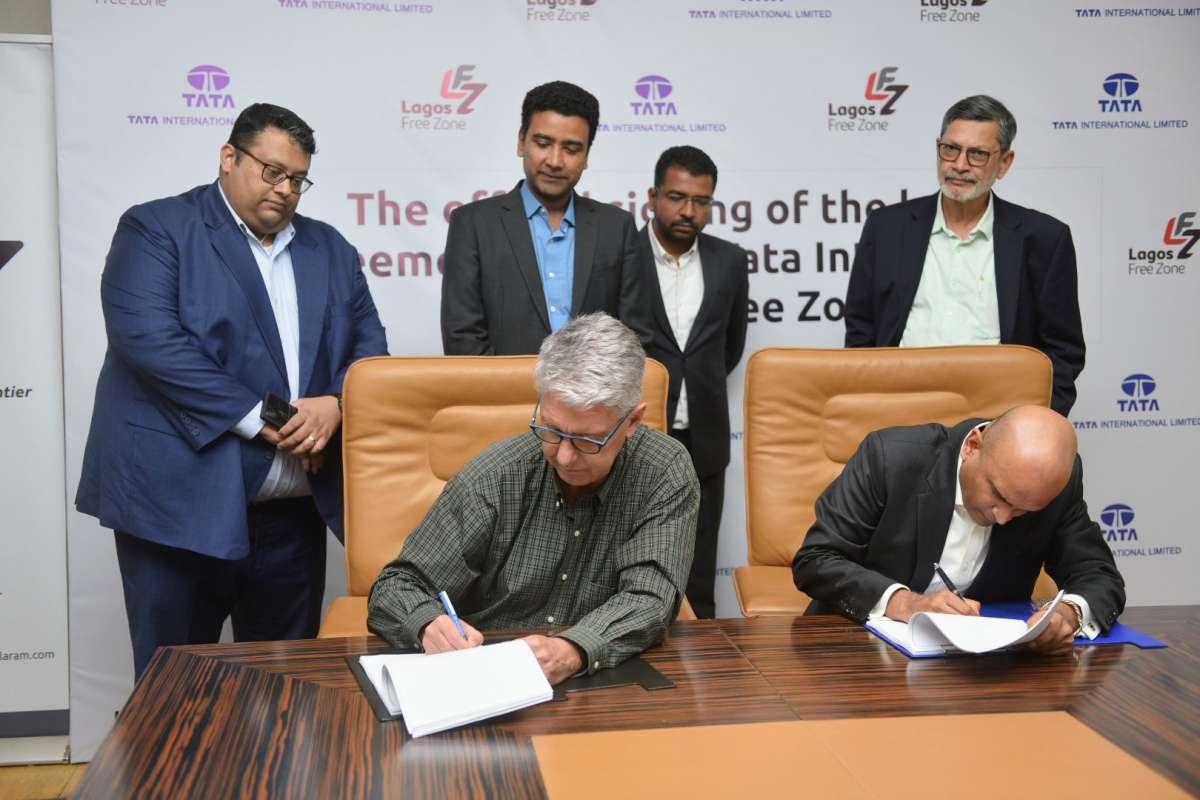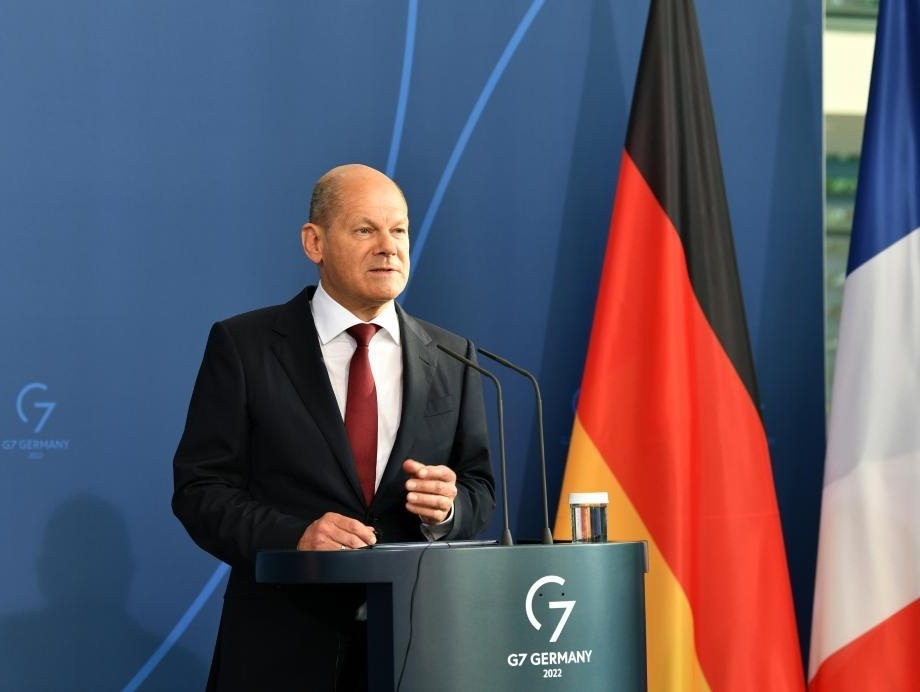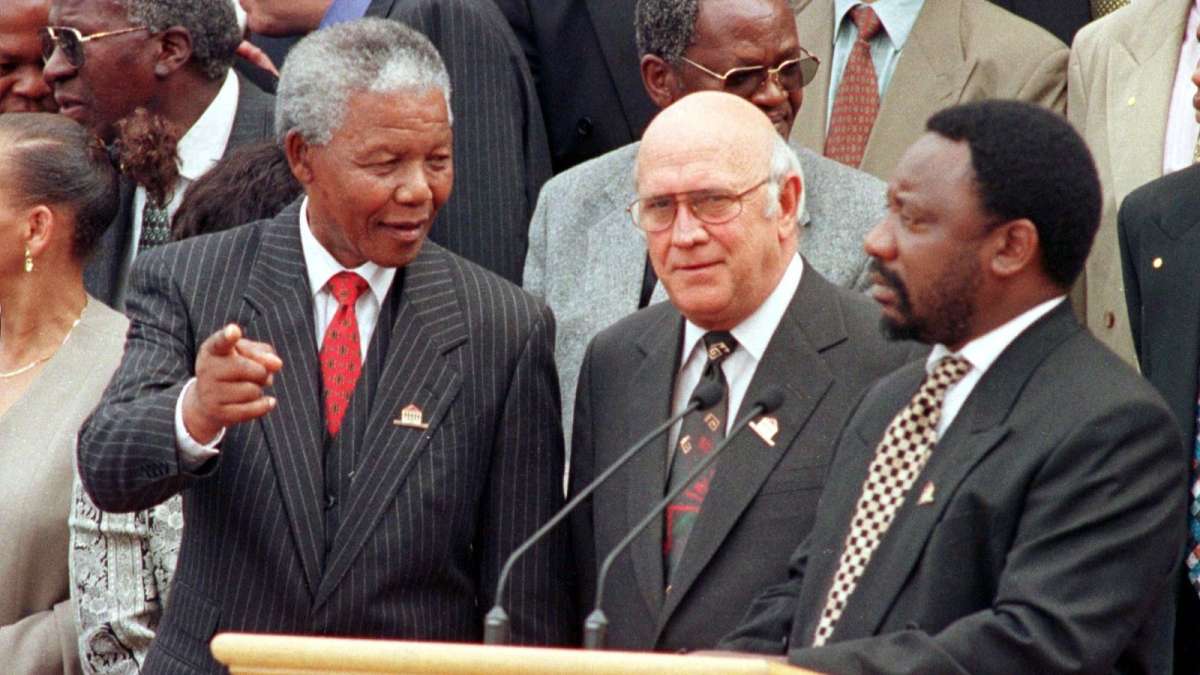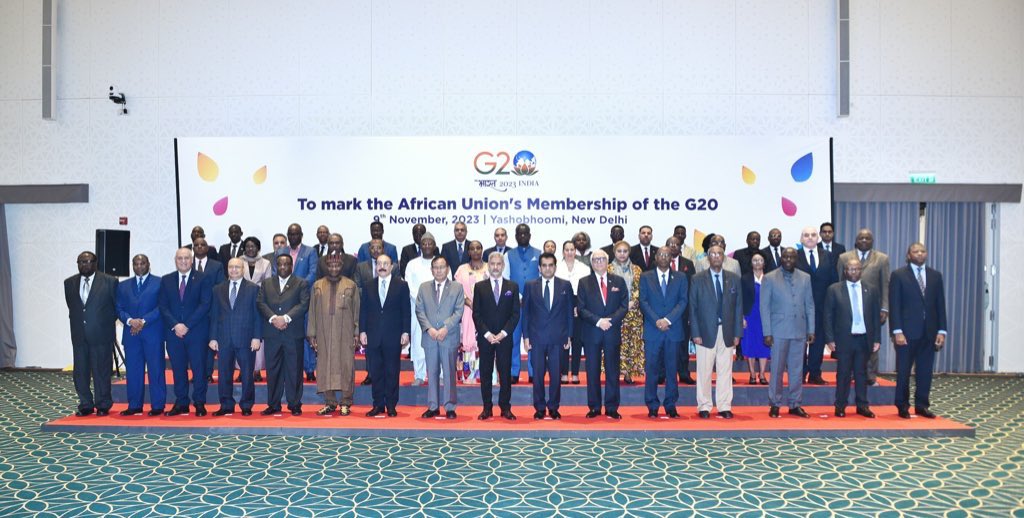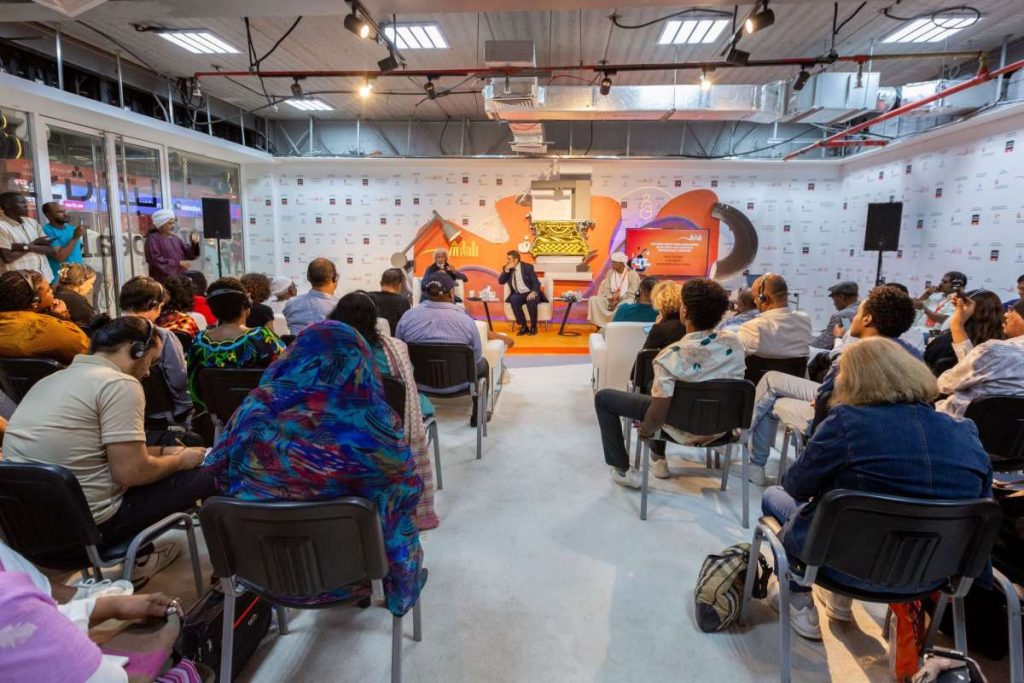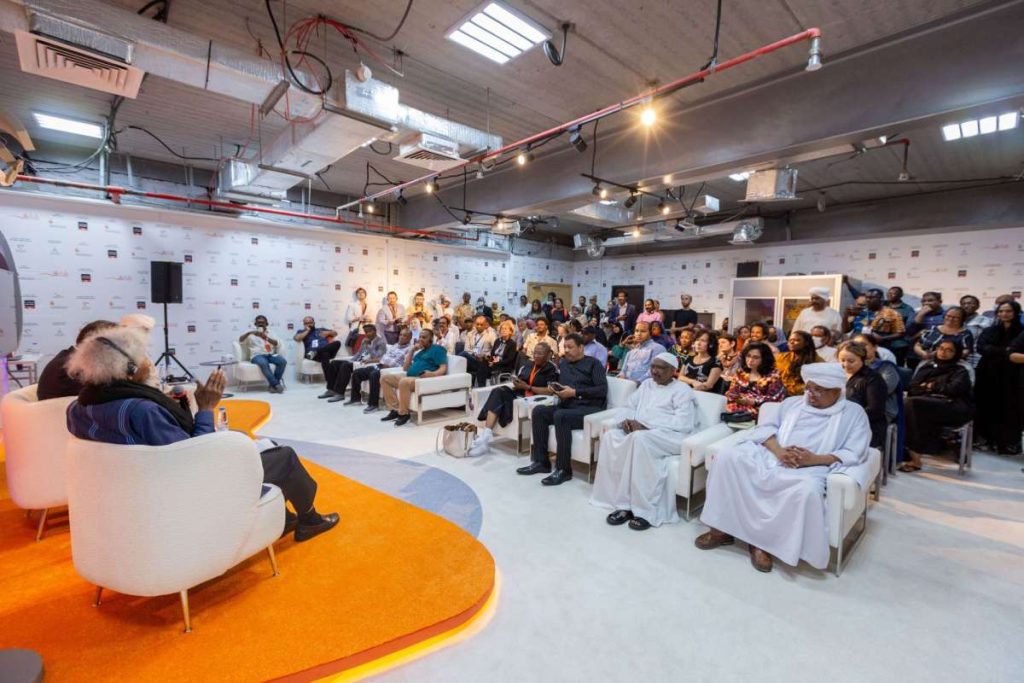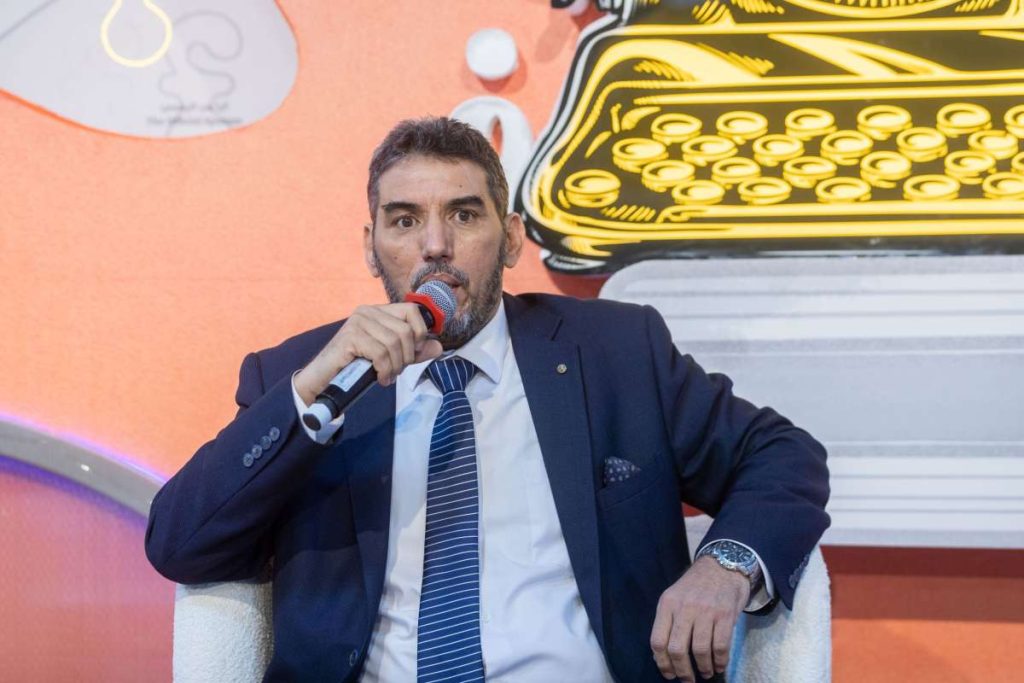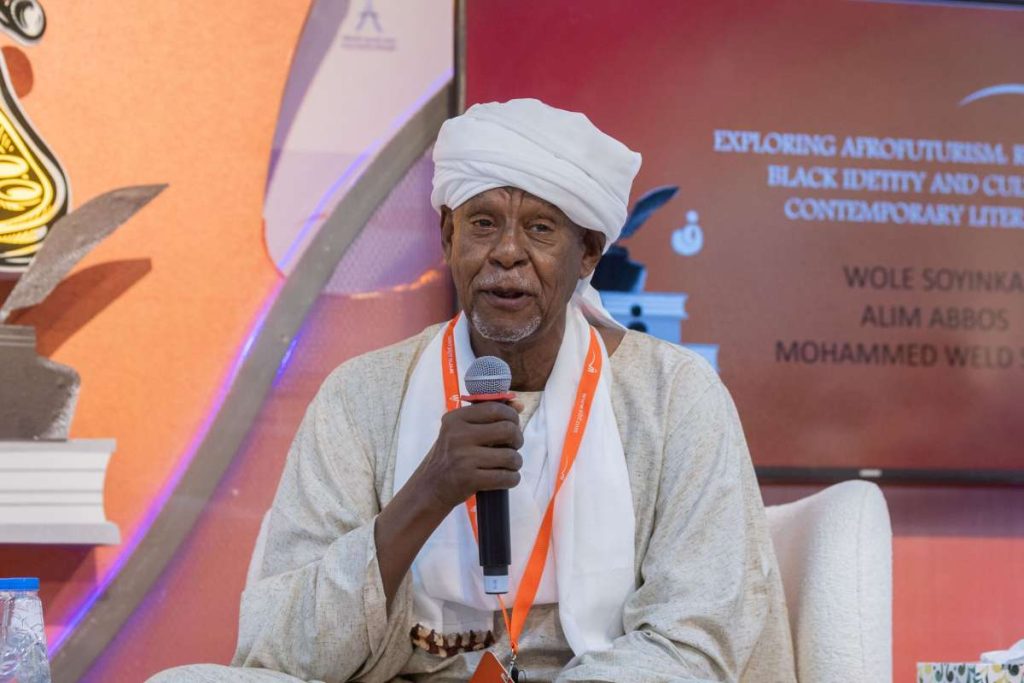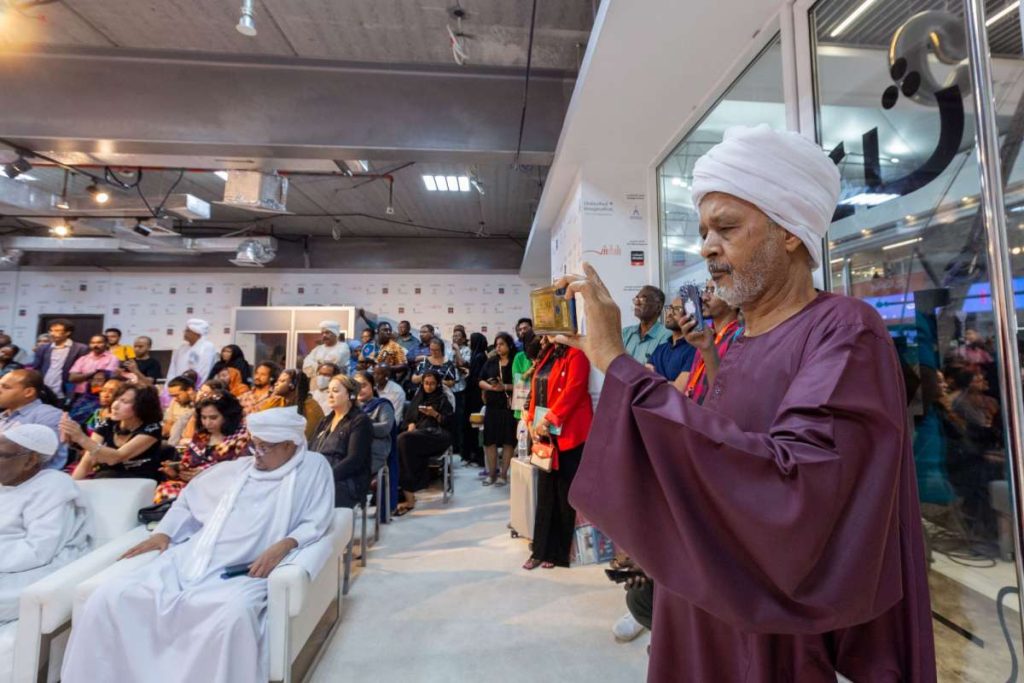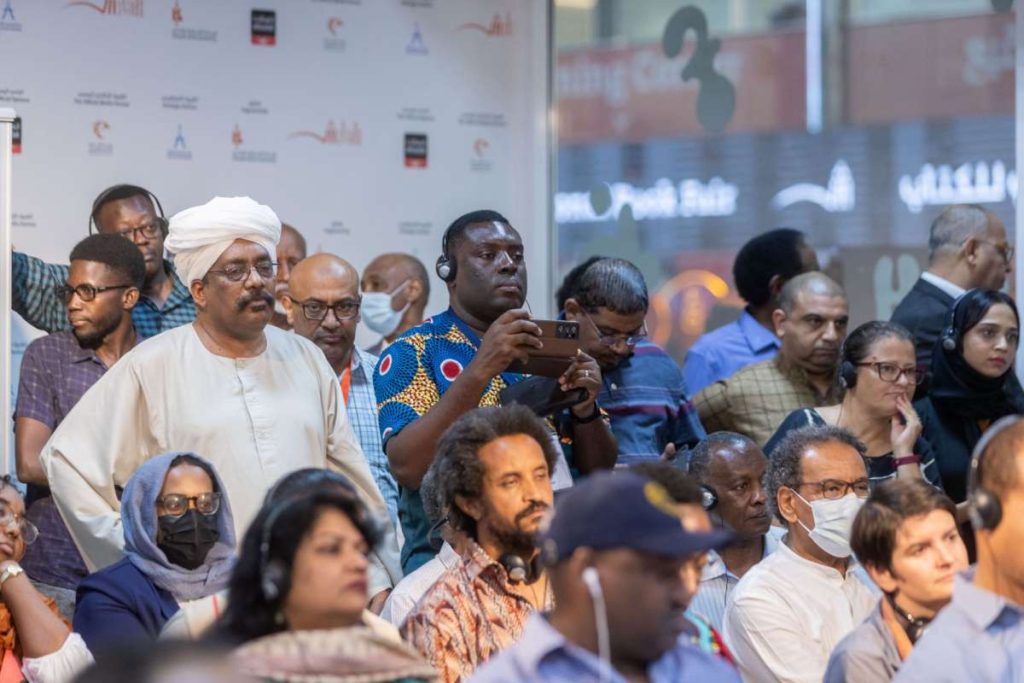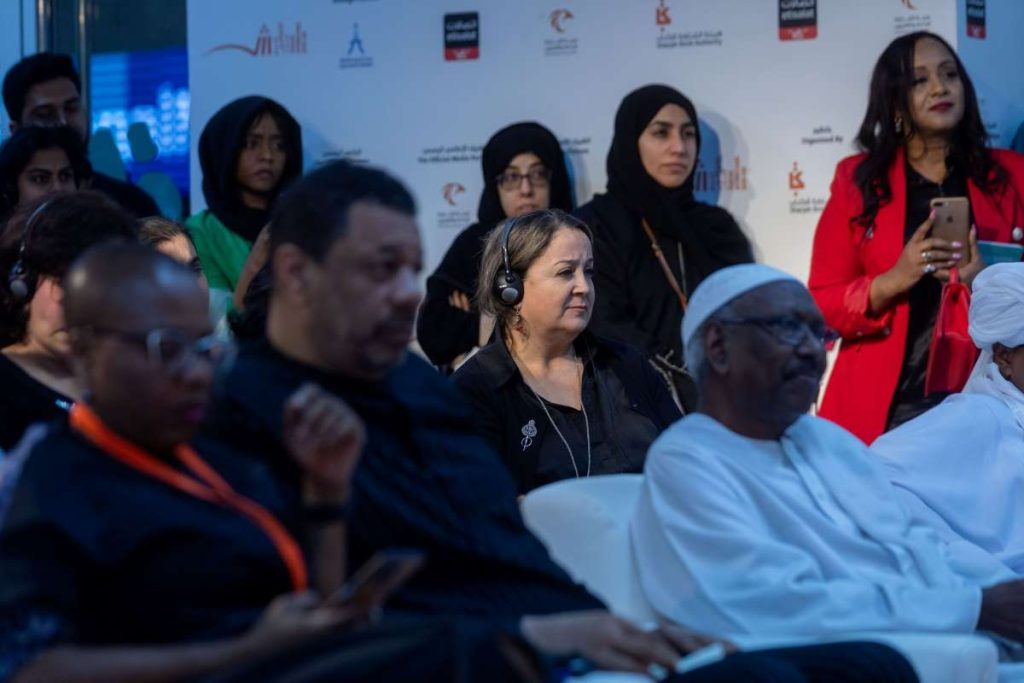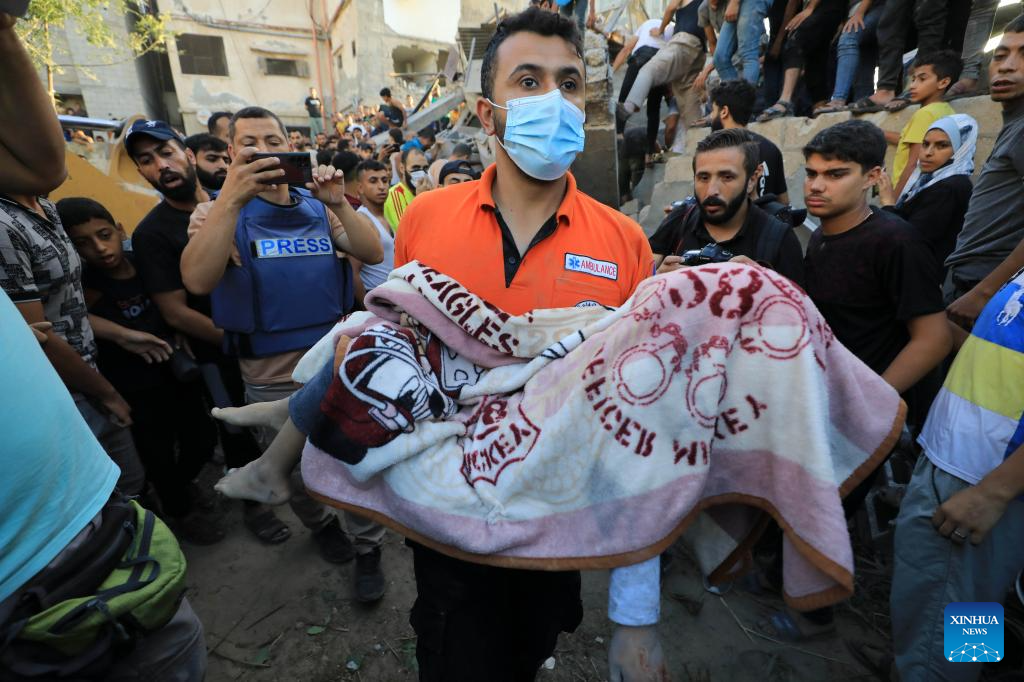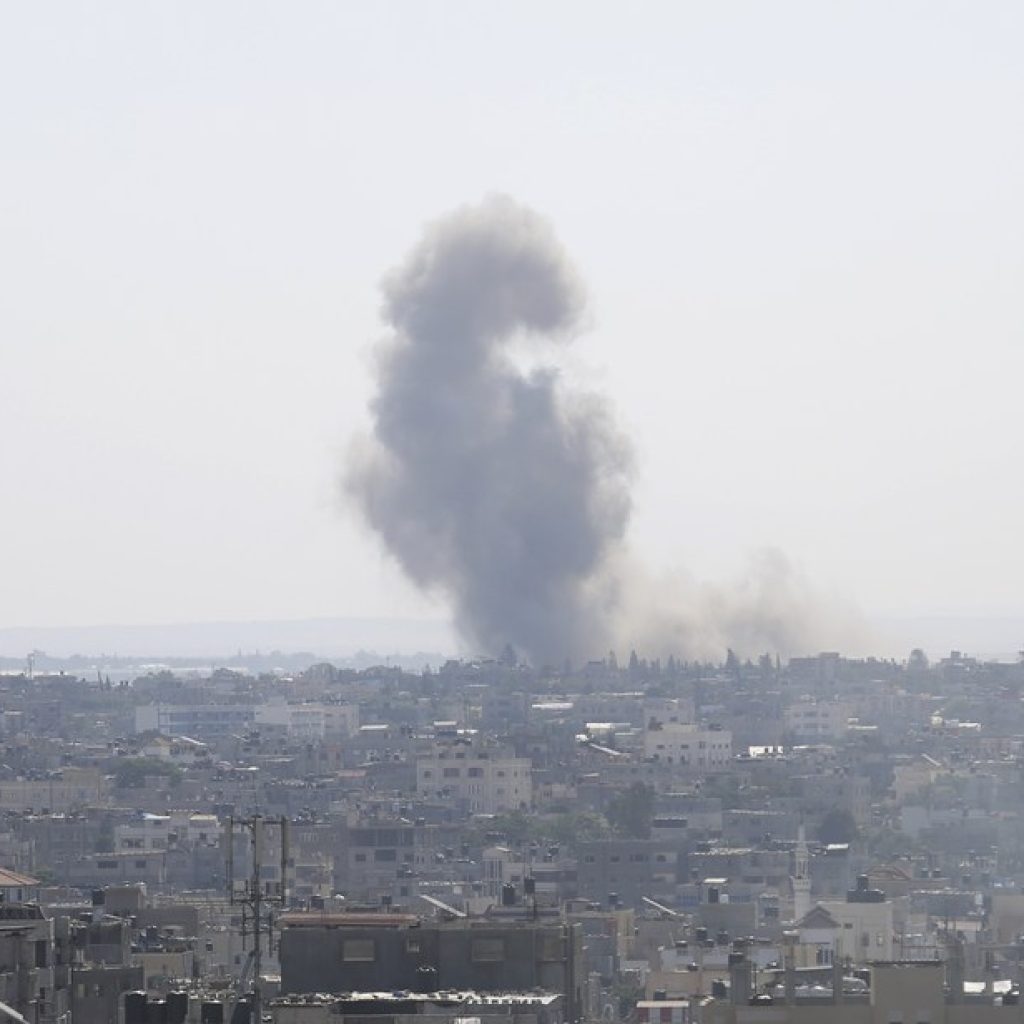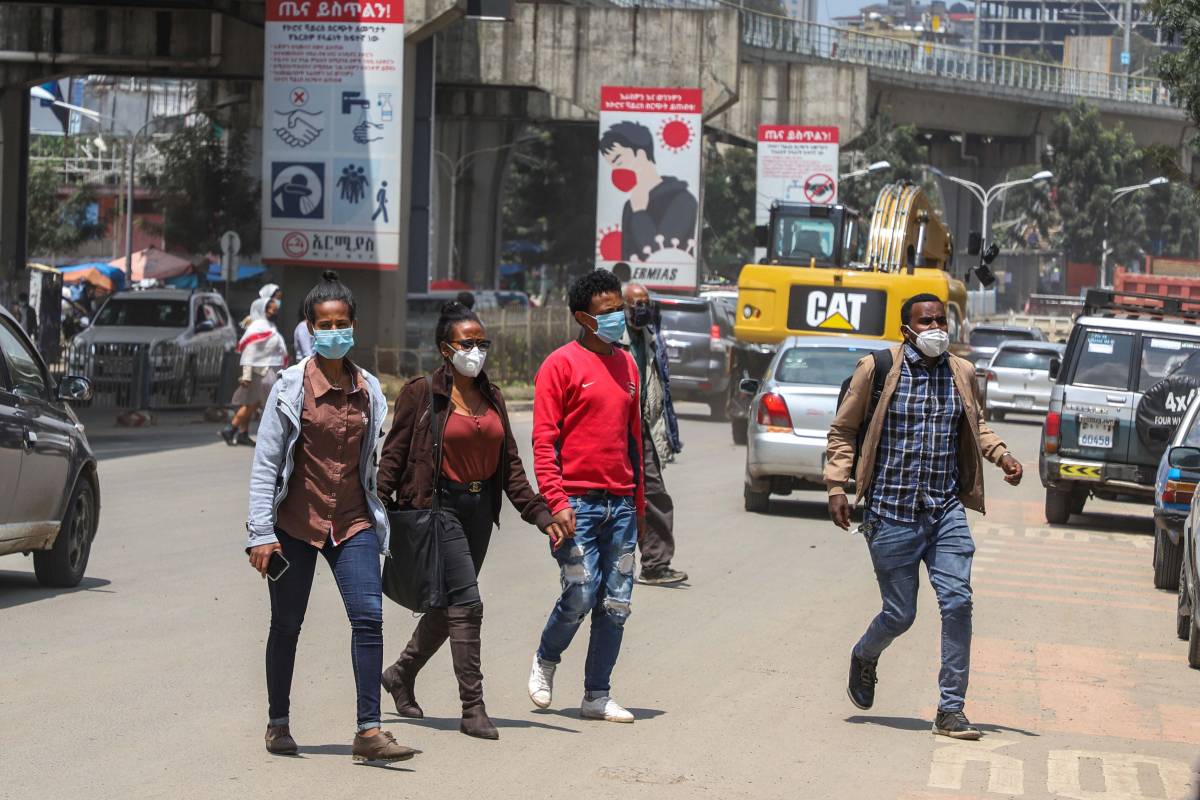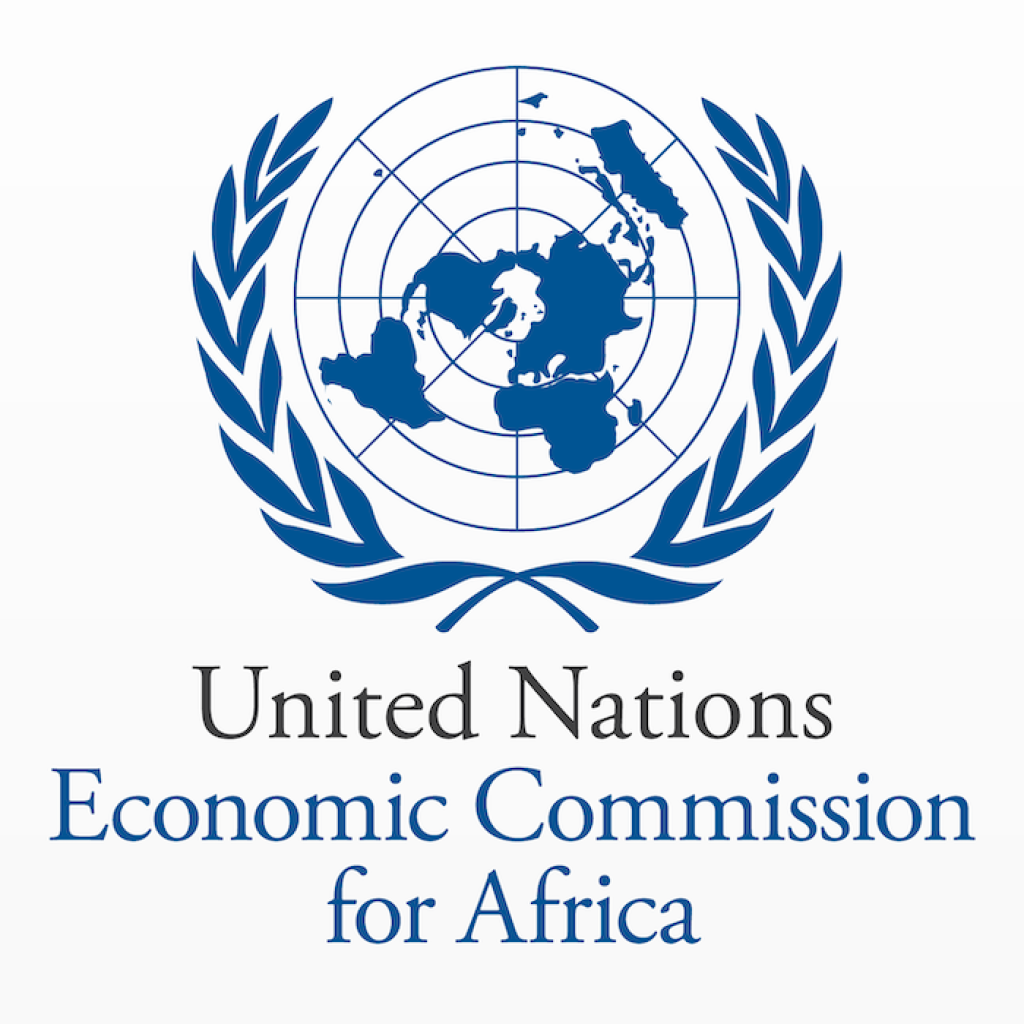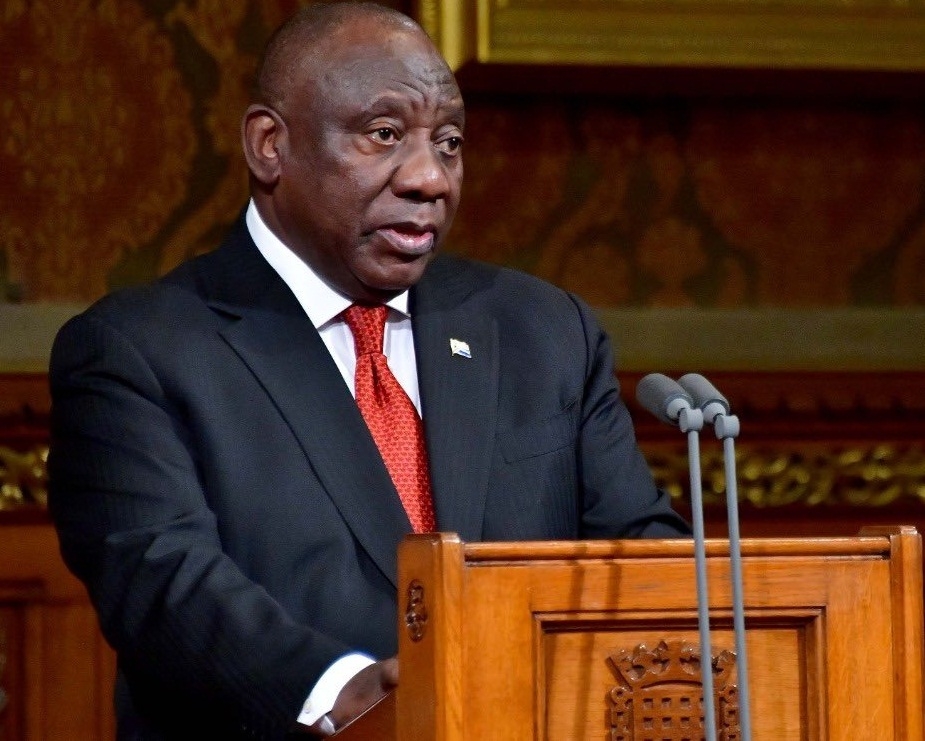With a rich legacy spanning over four decades, Tata International is a key contributor to the economic landscape of the African continent…reports Asian Lite News
Tata International is set to expand operations in Nigeria through a strategic partnership with the Lagos Free Zone (LFZ). The agreement was signed in the presence of Anand Sen, Managing Director of Tata International Limited, by Managing Director of Tata Africa Holdings Pty Ltd, Len Brand. This marks a significant milestone in the company’s commitment to the region.
With a rich legacy spanning over four decades, Tata International is a key contributor to the economic landscape of the African continent. In 2006, Tata International established operations in Nigeria and since then has made a significant contribution in the country, upholding the core values of Tata’s business ethics and commitment to corporate social responsibility.
“As a brand synonymous with quality products and ethical business operations in Africa, Tata International is excited to join the Lagos Free Zone. This strategic move reflects our commitment to fuelling growth in Nigeria and the wider African continent”, says Anand Sen, MD, Tata International.
Promoted by Tolaram, a Singaporean conglomerate with over four decades of experience in Nigeria, LFZ is in Lekki, the sunrise development corridor earmarked by Lagos State Government for driving industrialization over the next two decades. The agreement with LFZ involves the leasing of a state-of-the-art 6000 square meter facility within LFZ, a move aimed at enhancing Tata International’s operational capabilities in the region.
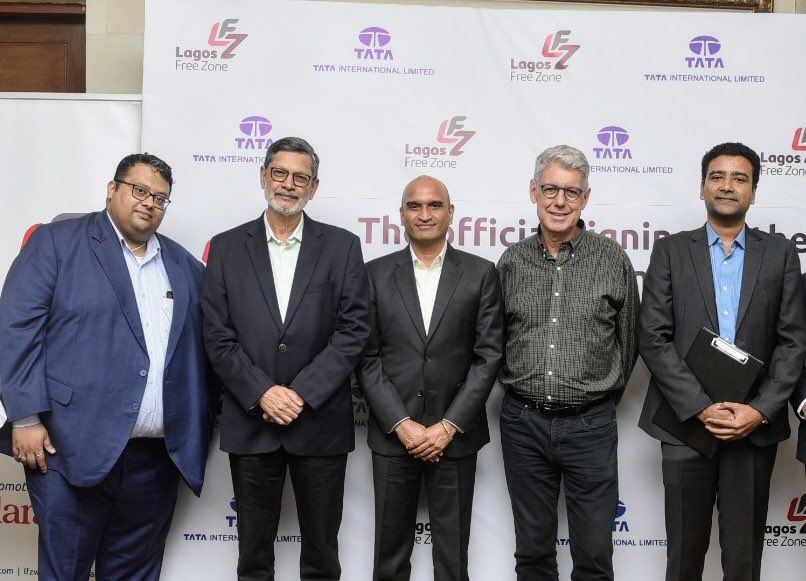
“The participation in Lagos Free Zone is the next level of commitment for Tata International’s longstanding presence in Nigeria and the African continent as a whole. This collaboration with Tolaram underscores our dedication to fostering economic growth and increased competitiveness. We aim for this partnership to lead to greater efficiency, innovation, and specialisation in the region,” added Len Brand, MD of Tata Africa Holdings.
The signing ceremony took place in the Lagos Free Zone area and was attended by key representatives from Tata International, Tolaram and Lagos Free Zone. The event signifies the dawn of a new era in the relationship between the entities, aiming to contribute to economic development in the region and attract new investors to Nigeria, recognised as one of the key economies in the continent.
“Tata International remains steadfast in its vision to build and sustain relationships in Africa. The company’s entry into the Lagos Free Zone reaffirms its commitment to creating opportunities and making a positive impact on local communities. We stand by our pledge to strengthen our already robust footprint on the African continent,” concluded Brand.
Navin Nahata, a member of the Tolaram Board and the Managing Director of its infrastructure and fintech business, added: “We are delighted that Tata International, one of our most prestigious international clients, has decided to expand their operations in Nigeria through our ready-to-lease Standard Industrial Facility at the LFZ. We are committed to supporting the next phase of growth in Nigeria for Tata International.”
“LFZ is the first and only free zone in Nigeria that is uniquely integrated with the deepest seaport in the region, the Lekki Port, which commenced operations in April 2023. LFZ thus offers a unique location that will provide our valued tenants with seamless and cost-efficient access to domestic, regional, and international markets,” said Dinesh Rathi, CEO and Managing Director at Lagos Free Zone.
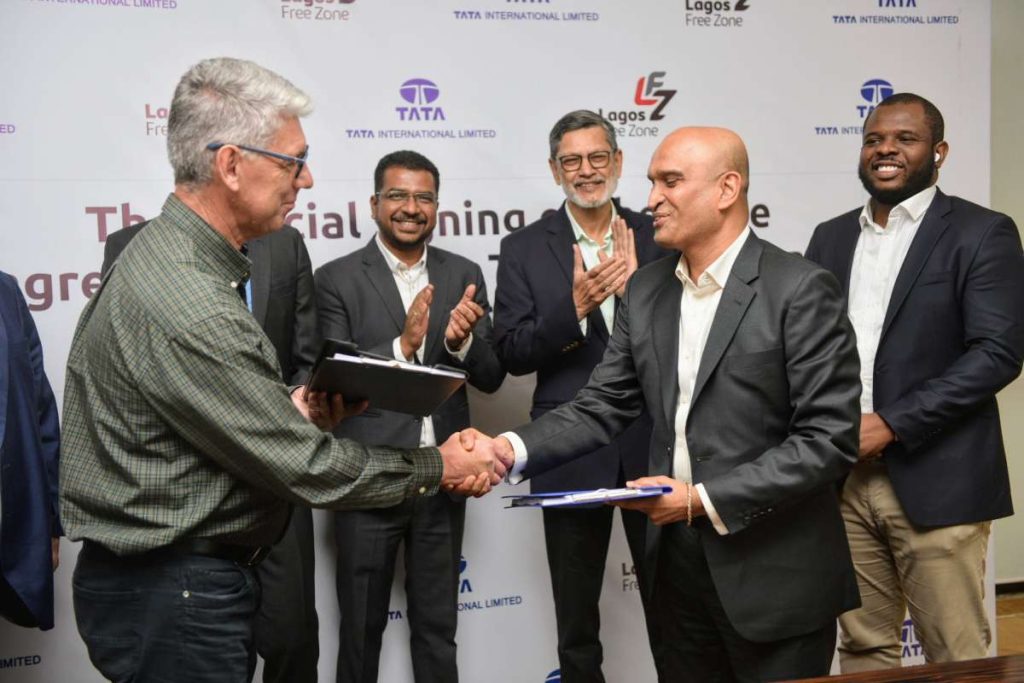
The Tata group and Tata International began the relationship with the African continent in 1977 with the establishment of Tata Zambia. In 1994, the Tata group inaugurated Tata Africa Holdings, in Johannesburg South Africa, which now serves as the group’s headquarters in the continent. Tata International is present in 12 African countries, namely South Africa, Ghana, Kenya, Ivory Coast, Malawi, Mozambique, Nigeria, Senegal, Tanzania, Uganda, Zambia and Zimbabwe. It operates in automotive, agricultural equipment, farming and farm equipment, chemicals, and healthcare products.
Today, Tata is a brand that’s synonymous with quality products and ethical business operations in Africa. It is committed to its vision of building and sustaining relationships in Africa with cooperation and trust, creating employment opportunities and making its contribution to the social development of local communities. Tata companies in Africa promote the social and economic development of local communities through education, entrepreneurship and health initiatives.
Lagos Free Zone
Established in 2012, Lagos Free Zone (LFZ) is a unique and award-winning port-based industrial zone (850 hectares) in Lagos, Nigeria, with over USD 2.5 billion committed FDI projects to date. Owned and promoted by Tolaram , LFZ is located in Lekki, the sun rise development corridor in Lagos. Its vision is to be the preferred industrial hub in West Africa with world-class infrastructure and they currently serve global brands like BASF, Kellogg’s, Colgate, Arla, Dufil, Lekki Port among others as its current tenants.

